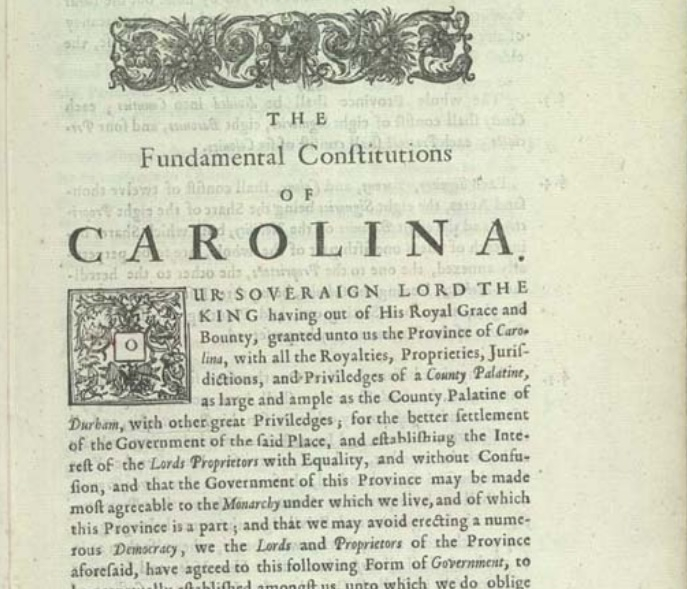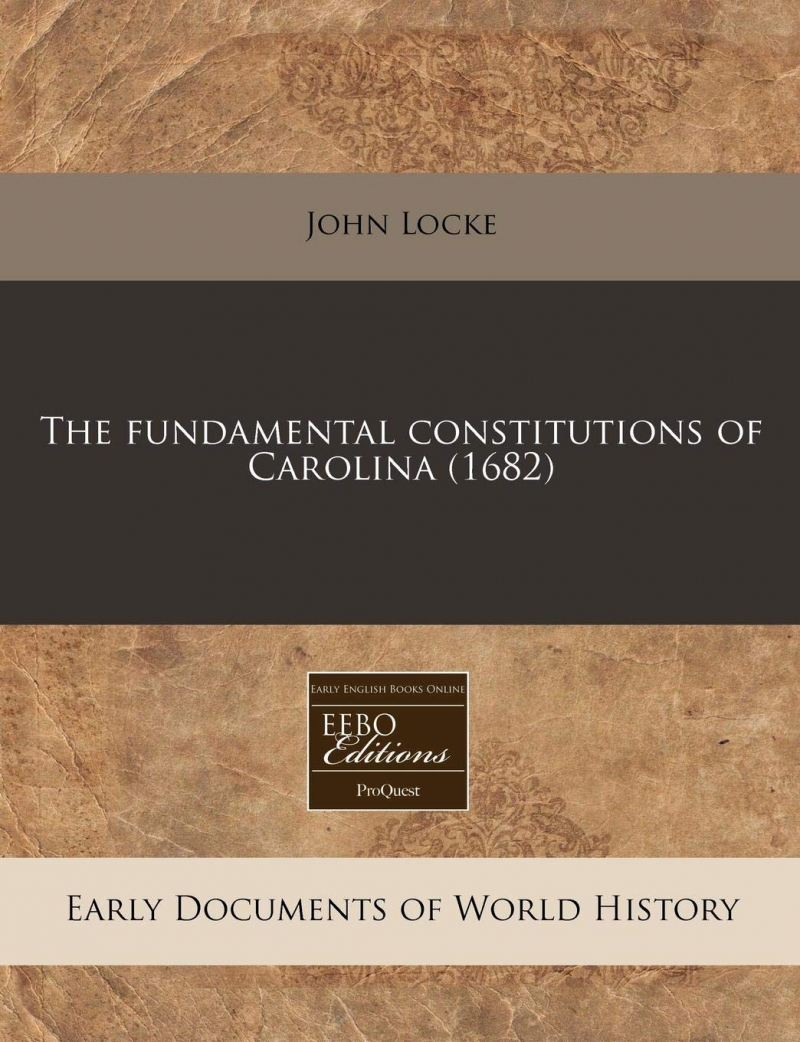Locke's views on slavery have been characterized as hypocritical
One of the interesting facts about John Locke you should know is that Locke's views on slavery have been characterized as hypocritical. Slavery was a broad and complex issue for Locke. Despite his general opposition to slavery, Locke was an investor and beneficiary of the slave-trading Royal Africa Company. Furthermore, while serving as secretary to the Earl of Shaftesbury, Locke helped draft the Fundamental Constitutions of Carolina, which established a quasi-feudal aristocracy and gave Carolinian planters absolute power over their enslaved chattel property; the constitutions pledged that every freeman of Carolina shall have absolute power and authority over his negro slaves.
According to philosopher Martin Cohen, Locke was one of just half a dozen persons who designed and supervised both the colonies and their iniquitous systems of servitude as secretary to the Council of Trade and Plantations and a member of the Board of Trade. According to American historian James Farr, Locke never articulated any thoughts about his contradictory views on slavery, which he attributes to his personal involvement in the slave trade. Locke's views on slavery have been characterized as hypocritical, setting the groundwork for the Founding Fathers to hold similarly inconsistent views on freedom and slavery. Locke also wrote implementation instructions for the Carolina colonists to guarantee that settlement and development complied with the Fundamental Constitutions. These documents are known collectively as the Grand Model for the Province of Carolina.







